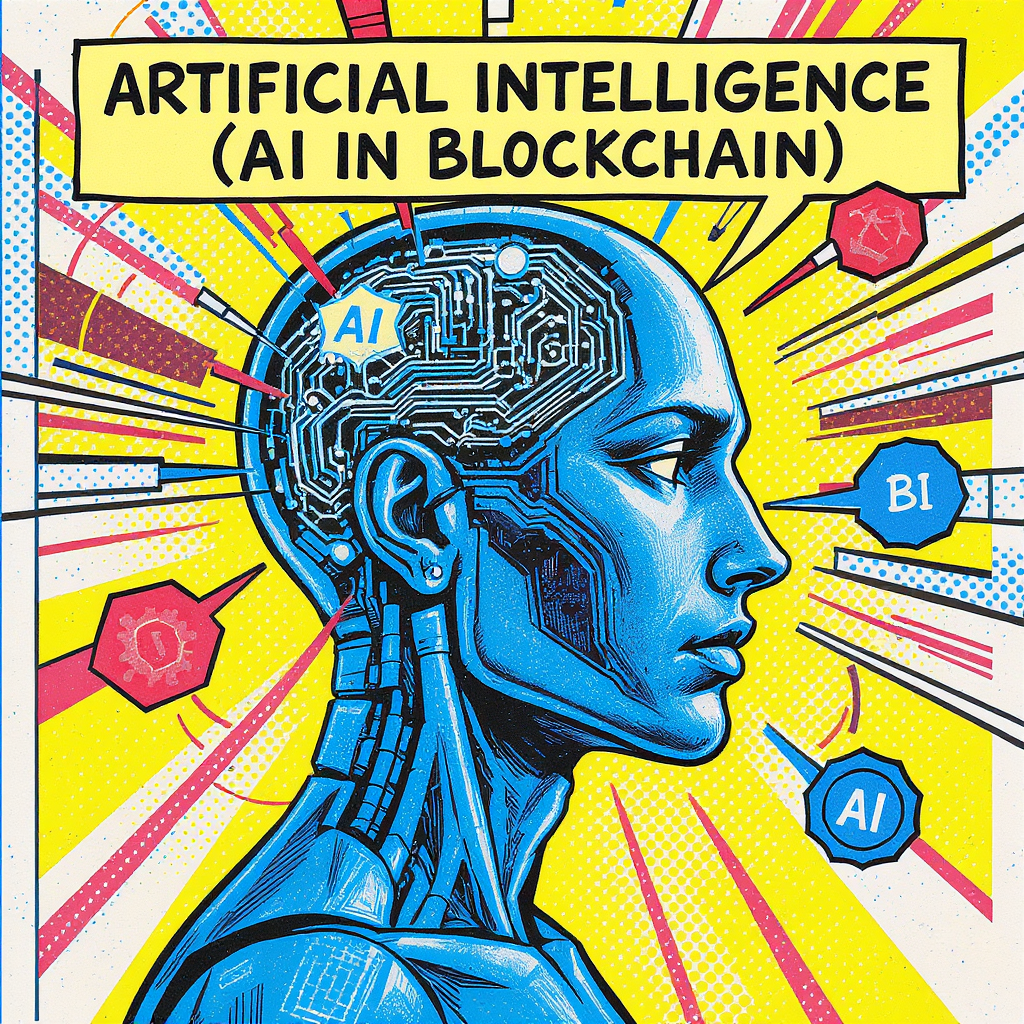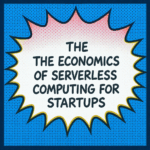The intersection of artificial intelligence (AI) and blockchain technology is rapidly evolving, presenting exciting opportunities and challenges. This article explores the significant role AI plays in various stages of blockchain development, from enhancing security and scalability to optimizing smart contract functionality and fostering wider adoption. We will examine how AI algorithms are used to improve the efficiency and security of blockchain networks, analyze the impact of AI on decentralized applications (dApps), and discuss the potential future collaborations between these two transformative technologies. We’ll also touch upon the ethical considerations and potential risks involved in this integration, highlighting the need for responsible development and deployment. This exploration aims to provide a comprehensive understanding of the synergistic relationship between AI and blockchain, paving the way for a more informed perspective on the future of both fields.
AI-Powered Security Enhancements
Blockchain’s security is paramount, and AI significantly bolsters its defenses. AI algorithms, particularly machine learning models, can analyze vast amounts of blockchain data to identify and prevent fraudulent activities. These algorithms can detect anomalies in transaction patterns, flag suspicious addresses, and predict potential attacks, allowing for proactive security measures. For instance, AI can be used to identify and block malicious smart contracts before they can cause harm. Furthermore, AI-powered systems can enhance the robustness of consensus mechanisms, making the network more resistant to attacks like 51% attacks. The ability to learn and adapt makes AI-driven security solutions far more effective than traditional rule-based systems, which often struggle to keep pace with evolving threats.
Optimizing Smart Contracts with AI
Smart contracts, self-executing contracts with the terms of the agreement between buyer and seller being directly written into lines of code, are at the heart of many blockchain applications. However, creating error-free and efficient smart contracts is challenging. AI can play a vital role in this process. AI-powered tools can assist developers in writing more secure and robust smart contracts by identifying potential vulnerabilities and bugs early in the development cycle. Moreover, AI can optimize smart contract execution, improving transaction speed and reducing gas costs. This involves predicting optimal transaction sequences and optimizing resource allocation within the blockchain network. Ultimately, AI helps to make smart contracts more reliable and cost-effective.
Enhancing Scalability and Efficiency
One of the major challenges facing blockchain technology is scalability. As the number of transactions increases, the network can become congested and slow. AI can help address this by optimizing transaction processing and improving network efficiency. AI algorithms can intelligently route transactions, prioritize critical transactions, and predict network congestion, allowing for proactive resource allocation. This can significantly improve the throughput of the blockchain network, enabling it to handle a larger volume of transactions without compromising performance. AI can also contribute to the development of more efficient consensus mechanisms, reducing the computational overhead associated with transaction validation.
AI and Decentralized Applications (dApps)
The development of decentralized applications (dApps) is significantly accelerated by AI. AI can enhance the user experience of dApps by providing personalized recommendations, optimizing search functionalities, and automating complex tasks. Furthermore, AI can enable the creation of more sophisticated and interactive dApps, opening up new possibilities for decentralized services. Imagine AI-powered dApps that can personalize financial advice, manage supply chains with greater efficiency, or create more engaging gaming experiences. The combination of AI’s analytical power and blockchain’s security and transparency creates a potent synergy for building innovative and trustworthy applications.
Conclusion
The integration of AI and blockchain is transforming both technologies, creating a powerful synergy with significant implications for various industries. AI is instrumental in improving the security, scalability, and efficiency of blockchain networks. It also plays a crucial role in optimizing smart contracts, enhancing the user experience of dApps, and enabling the development of innovative decentralized applications. However, ethical considerations and the potential risks of biased algorithms must be carefully addressed. As both technologies continue to mature, their collaborative potential will undoubtedly lead to groundbreaking advancements across diverse sectors, impacting how we conduct transactions, secure data, and build decentralized systems. The future of blockchain is inextricably linked to the advancement of AI, and vice versa, promising a future of enhanced security, efficiency, and innovation.
References
Image By: Black Forest Labs






